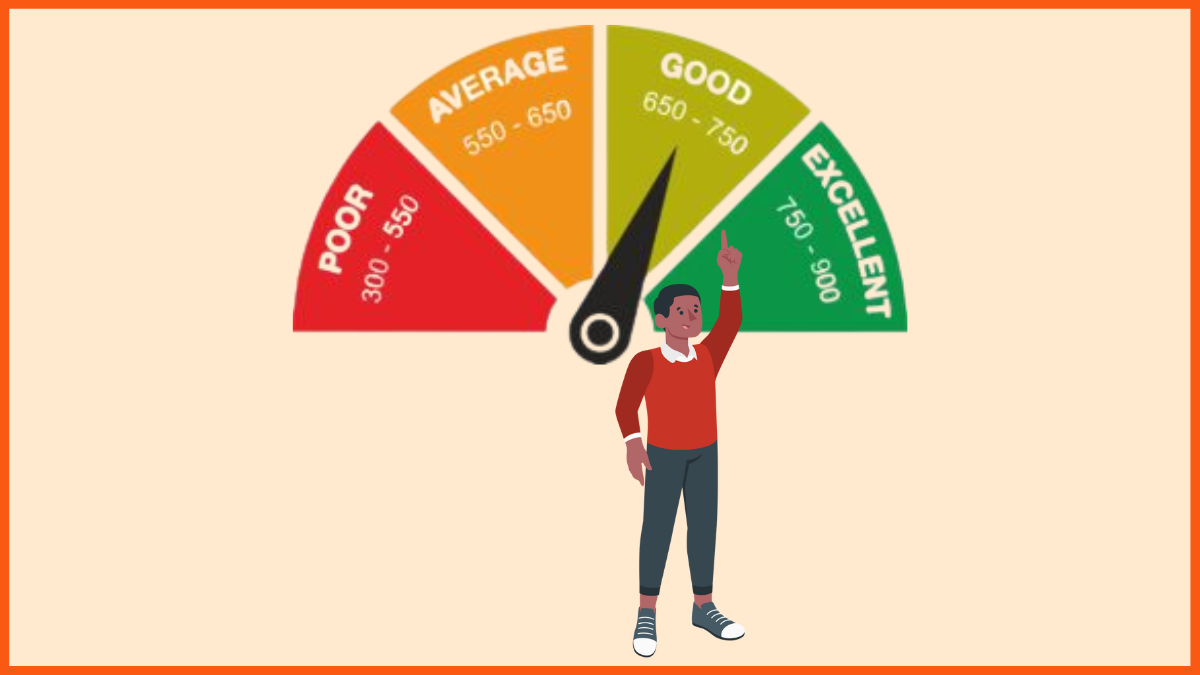Your credit score is more than just a number; it’s a critical measure of your financial health. Lenders, credit card companies, landlords, and even some employers use it to gauge your creditworthiness and financial responsibility. Maintaining a healthy credit score gives you access to better loan options and saves you money through lower interest rates and better financial terms. Understand the key actions you can take to maintain a good credit score. Avoid pitfalls and stay on track with your credit health.
In this comprehensive guide, we’ll explore 10 game-changing tips for maintaining a healthy credit score, analyze the factors that affect your credit score, and answer frequently asked questions to give you a complete understanding of how to master this aspect of personal finance. Keep your credit score strong with these expert-backed tips. Learn how to maintain credit score, avoid common mistakes, and build financial security.
What is a Credit Score, and Why is it Important?
A credit score is a three-digit number that ranges between 300 and 900 in India, with higher scores indicating better creditworthiness. It’s calculated based on various financial behaviors and reflects your ability to repay borrowed money. In India, credit bureaus like CIBIL, Experian, Equifax, and CRIF High Mark generate these scores.
Why is it important?
- Loan Eligibility: A good credit score improves your chances of getting loans approved.
- Favorable Terms: Borrowers with high credit scores get lower interest rates and better terms.
- Financial Security: A high score reduces your dependency on loan co-signers or guarantors.
- Credit Card Perks: Better credit cards, with higher limits and more rewards, are available to those with strong credit scores.
Factors That Affect Your Credit Score
Before diving into tips, let’s understand the factors that influence your credit score:
- Payment History (35%)
Your payment history is the most significant factor. Missing even a single payment can drastically lower your score.
- Credit Utilization (30%)
This measures how much credit you use relative to your total credit limit. High utilization rates suggest financial strain.
- Credit History Length (15%)
The longer your credit history, the better, as it demonstrates consistent financial behavior.
- Credit Mix (10%)
A balanced mix of secured (home/car) and unsecured loans (credit cards, personal loans) reflects responsible borrowing.
- New Credit Inquiries (10%)
Frequent applications for loans or credit cards trigger hard inquiries, which temporarily lower your score.
- Defaults and Settlements
Defaulting on loans or settling for less than the owed amount leaves a negative mark on your report for years.
Top 10 Game-Changing Tips to Maintain a Healthy Credit Score
Now that we know what affects your credit score let’s discuss actionable tips for maintaining or improving it.
Always Pay Your Bills on Time
Why It’s Critical:
Your payment history contributes the most to your credit score. Delayed or missed payments are red flags to lenders.
How to Implement:
- Automate payments for credit cards and loan EMIs.
- Prioritize high-value bills if you face cash flow issues.
- Keep track of due dates with reminders.
Monitor Your Credit Utilization Ratio
Why It’s Critical:
A credit utilization ratio above 30% signals over-reliance on credit and can hurt your score.
How to Implement:
- Keep your credit card spending below 30% of your credit limit.
- Spread out expenses across multiple credit cards.
- Request higher credit limits but only utilize them partially.
Regularly Check Your Credit Report for Errors
Why It’s Critical:
Errors in your credit report, such as incorrect personal details or loan accounts, can unfairly impact your score.
How to Implement:
- Obtain your free credit report annually from bureaus like CIBIL.
- Dispute inaccuracies immediately with the respective bureau.
- Keep a record of resolved disputes for future reference.
Avoid Frequent Loan or Credit Card Applications
Why It’s Critical:
Every application for credit triggers a hard inquiry on your report, which can temporarily lower your score. Multiple inquiries in a short span signal financial distress.
How to Implement:
- Apply for credit only when necessary.
- Use pre-approved offers to avoid hard inquiries.
- Research thoroughly before applying for new credit products.
Maintain a Balanced Credit Mix
Why It’s Critical:
A mix of secured and unsecured loans demonstrates that you can responsibly handle different types of credit.
How to Implement:
- Include a secured loan (e.g., home or auto loan) and an unsecured loan (e.g., personal loan or credit card).
- Avoid relying solely on one type of credit.
Retain Old Credit Accounts
Why It’s Critical:
The length of your credit history contributes significantly to your score. Older accounts provide more data about your financial behavior.
How to Implement:
- Keep older credit cards active, even if used occasionally.
- Avoid closing accounts unnecessarily, especially the ones with a good payment history.
Use Credit Cards Responsibly
Why It’s Critical:
Credit card misuse, such as maxing out limits or paying only the minimum due, negatively impacts your score.
How to Implement:
- Pay your entire credit card balance every month.
- Avoid cash advances on credit cards, as they attract high interest.
- Use credit cards for planned expenses that you can repay immediately.
Avoid Defaults and Settlements
Why It’s Critical:
Loan defaults or settlements appear negative marks on your credit report and take years to recover.
How to Implement:
- Contact your lender if you face financial difficulties and negotiate new terms.
- Create an emergency fund to cover EMI payments during unforeseen circumstances.
Leverage Credit-Builder Loans
Why It’s Critical:
Credit-builder loans help individuals with low or no credit history improve their scores.
How to Implement:
- Look for small secured loans from financial institutions.
- Repay on time to build a positive credit history.
Be Patient and Consistent
Why It’s Critical:
Credit score improvement takes time. Adopting quick fixes often backfires and can damage your score further.
How to Implement:
- Focus on maintaining good financial habits over the long term.
- Avoid schemes promising instant credit score fixes.
How Credit Score Affects Your Financial Life
- Loan Approvals: A high credit score makes you more likely to get approved for loans and credit cards.
- Interest Rates: Borrowers with good scores enjoy lower interest rates, reducing overall loan costs.
- Credit Card Benefits: Premium cards with better rewards, cashback, and higher limits are available to those with excellent credit.
- Rentals and Employment: Some landlords and employers check credit scores to assess reliability.
Conclusion
Find out the best ways to maintain a strong credit score with these practical tips. For long-term success, maintain a healthy credit score with simple strategies like timely bill payments, credit usage, and debt management. A healthy credit score is built over time. It results from consistent financial discipline, timely payments, and responsible credit usage. By understanding the factors that affect your score and implementing the tips outlined above, you can secure your financial future and access better opportunities.
Remember, a good credit score reflects your reliability and is a key to unlocking financial freedom. Stay informed, stay disciplined, and watch your credit score soar.
FAQs
Q. What is a good credit score in India?
A. A score above 750 is considered excellent, increasing your chances of loan approval and better terms.
Q. How often should I check my credit report?
A. You should check your credit report at least once a year to identify errors and monitor your progress.
Q. Can my credit score improve quickly?
A. Improving your credit score takes time. To achieve gradual improvement, focus on timely payments, reducing debt, and avoiding new applications.
Q. Does closing a credit card affect my credit score?
A. Yes, closing a credit card can impact your score, especially if it’s an older account with a long credit history.
Q. How does a personal loan affect my credit score?
A. Taking a personal loan and repaying it on time positively impacts your score. Missed payments, however, can hurt it.
Q. What happens if I default on a loan?
A. Loan defaults severely damage your credit score and can remain on your credit report for up to seven years.
Q. Can I improve my credit score with no credit history?
A. Yes, start by taking a secured credit card or a small credit-builder loan. Timely repayments will help you build a positive credit history.
By adopting these tips and staying consistent, you can master the art of maintaining a strong credit score and enjoy the financial benefits it brings.




